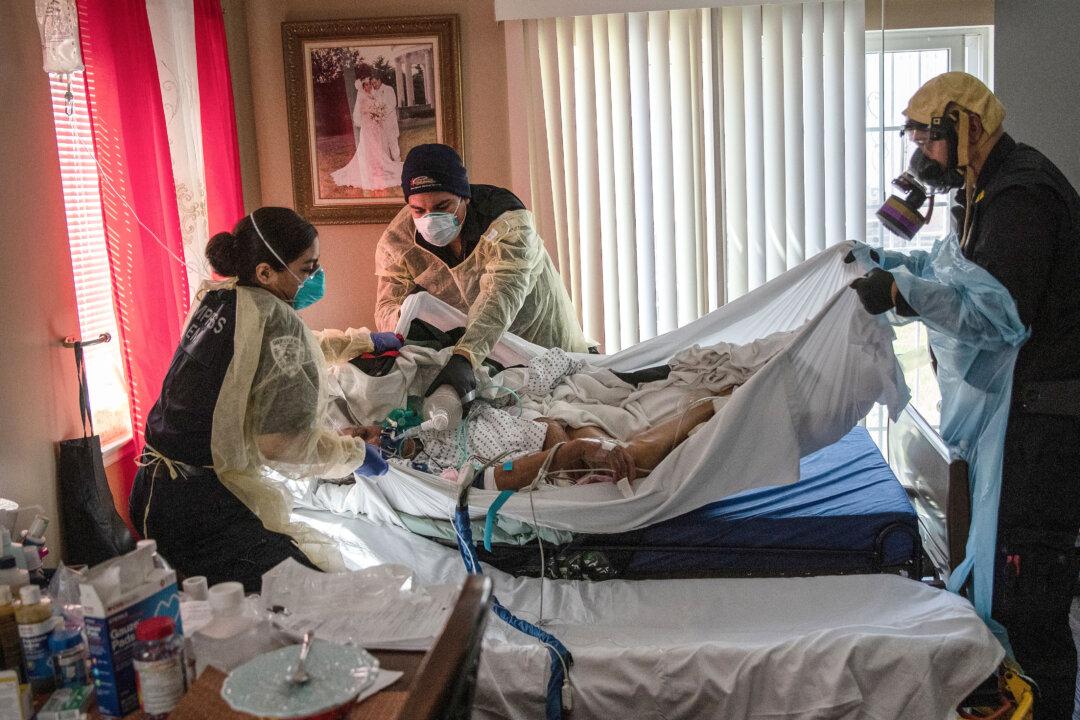The U.S. Department of Health and Human Services (HHS) has been reminding health care providers that they are legally forbidden from discriminating against elderly or disabled patients when treating those with the CCP virus.
While reports of anyone afflicted with the CCP virus, often known as the novel coronavirus, being denied care for any reason are rare in the United States, there have been news reports about patients in countries with overtaxed health care systems such as those in Italy and Spain being denied treatment during the pandemic because they were older.





